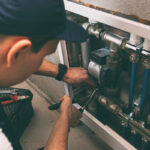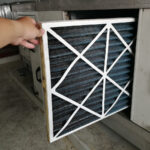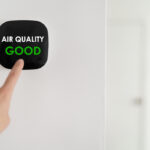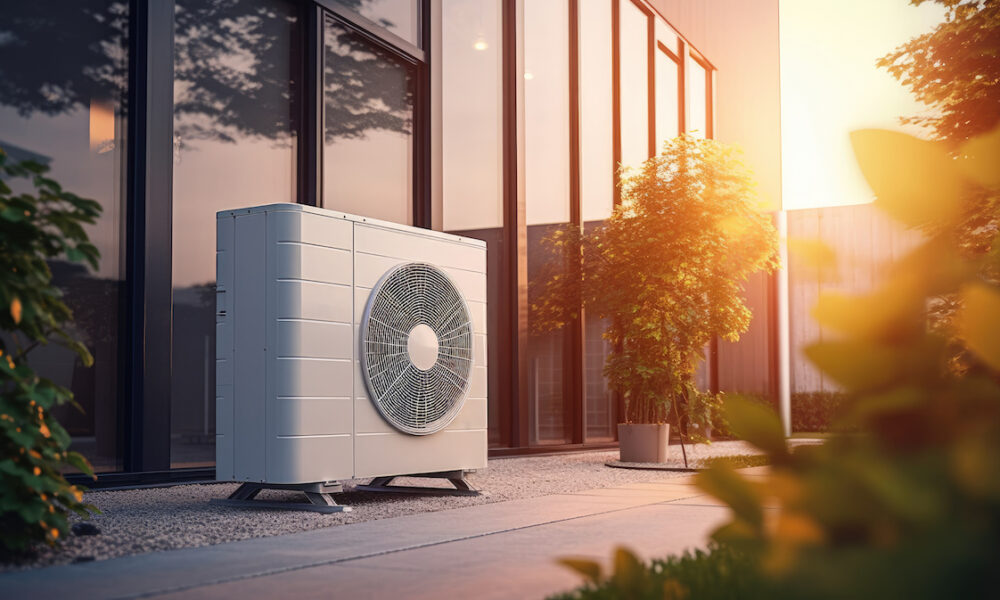
As the days grow shorter and the air turns crisp, homeowners are reminded that winter is just around the corner. While many embrace the season’s charm with thoughts of cozy evenings by the fireplace and steaming mugs of hot cocoa, it’s essential to remember that the chilly months also bring a crucial responsibility: preparing your home’s heating system for the cold.
A heating system tune-up might not be the first thing on your mind as the leaves fall, but it’s a proactive step that can make a significant difference in your winter experience.
In this comprehensive guide, we’ll explore the reasons why now is the ideal time for a heating system tune-up. From the benefits of early preparation to what to expect during a professional service, you’ll gain valuable insights into why this seasonal maintenance is a must for ensuring warmth, efficiency, and peace of mind during the winter months.
Understanding the Importance of a Heating System Tune-Up
The Role of Your Heating System
Before diving into the specifics of a heating system tune-up, it’s crucial to grasp the vital role your heating system plays in your daily life, especially during the winter. Whether you have a furnace, boiler, heat pump, or radiant heating, these systems are responsible for maintaining a comfortable indoor temperature. They work tirelessly to keep you warm, regulate humidity, and ensure a cozy living environment when the mercury drops.
The Impact of Neglected Maintenance
However, like any mechanical system, heating systems require regular maintenance to operate optimally.
Neglecting this maintenance can have a range of negative consequences, from decreased efficiency and increased energy bills to reduced indoor air quality and even safety hazards. A heating system tune-up is the key to avoiding these issues and ensuring that your system performs reliably when you need it most.

The Benefits of Early Preparation
Enhanced Performance and Efficiency
One of the most immediate benefits of a heating system tune-up is improved performance and efficiency. Over time, dust, dirt, and wear and tear can accumulate within your heating system, causing it to work harder to achieve the desired indoor temperature.
A professional tune-up involves cleaning, inspecting, and calibrating various components to ensure that your system operates at peak efficiency. This can result in reduced energy consumption and lower heating bills throughout the winter.
Prevention of Costly Repairs
Regular maintenance can also help identify and address minor issues before they escalate into major and costly repairs. During a tune-up, technicians are trained to spot potential problems and fix them promptly. This proactive approach not only saves you money but also minimizes the inconvenience of unexpected breakdowns in the middle of winter.
Improved Indoor Air Quality
Your heating system also plays a role in indoor air quality. A neglected system can circulate dust, allergens, and pollutants throughout your home, leading to health concerns and discomfort. A tune-up includes cleaning or replacing filters, which helps maintain cleaner indoor air and a healthier living environment, especially when you keep windows closed during the winter.
Increased Safety
Perhaps the most critical benefit of a heating system tune-up is enhanced safety. Heating systems that haven’t been properly maintained can pose safety risks, including carbon monoxide leaks, fire hazards, and gas leaks. During a tune-up, technicians perform safety checks and ensure that your system is operating securely, giving you peace of mind and protecting your family.
What to Expect During a Professional Tune-Up
Inspection and Cleaning
A professional heating system tune-up typically begins with a thorough inspection of all components, including the heat exchanger, burners, blower, and electrical connections. Technicians also clean these components to remove dust and debris that can impede performance.
Component Testing and Calibration
To ensure your system operates efficiently, technicians test and calibrate various components, such as the thermostat, pressure switches, and ignition systems. This step ensures that your heating system responds accurately to temperature settings and maintains consistent warmth.
Filter Replacement
Filters play a crucial role in maintaining indoor air quality. Technicians will inspect and either clean or replace filters, depending on their condition. Clean filters help prevent dust and allergens from circulating throughout your home.
Thermostat Assessment
A heating system’s efficiency relies heavily on an accurate thermostat. Technicians assess your thermostat’s accuracy and make any necessary adjustments or recommendations for replacement if it’s outdated or malfunctioning.
Safety Checks
Safety is paramount in heating system maintenance. Technicians perform safety checks to ensure that all safety controls, gas connections, and exhaust systems are functioning correctly, reducing the risk of hazards such as carbon monoxide leaks.
DIY vs. Professional Tune-Ups
DIY Maintenance Tips
While there are some DIY maintenance tasks you can perform, such as regularly changing or cleaning filters and keeping the area around your heating system clear, a professional tune-up offers several advantages. Technicians have the expertise and specialized equipment to perform a comprehensive inspection and address issues you may not be equipped to handle.
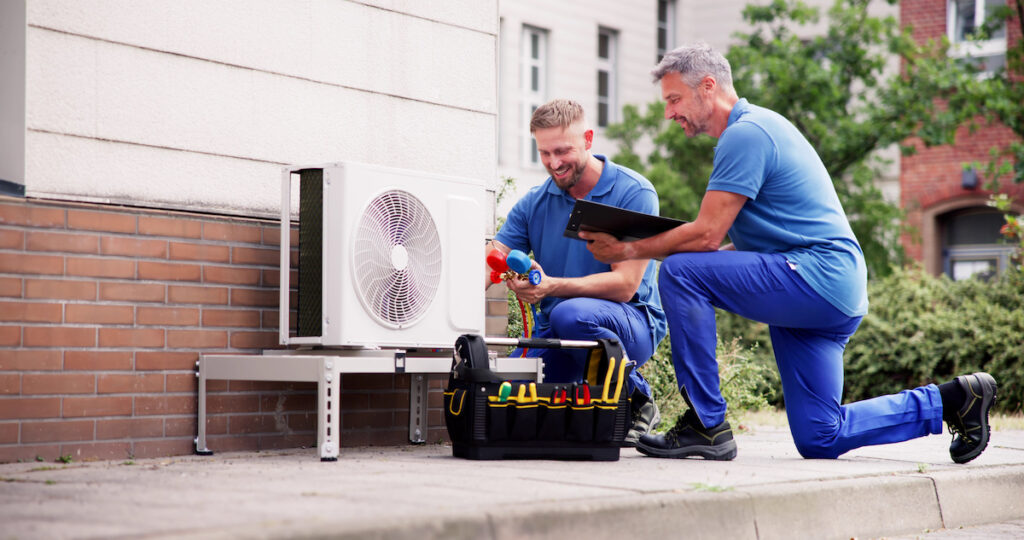
The Value of Professional Expertise
While some homeowners may be tempted to tackle heating system maintenance on their own, the value of professional expertise cannot be overstated. Here are some key reasons why investing in a professional heating system tune-up is often the wisest choice:
- Comprehensive Inspection: Trained HVAC technicians possess a deep understanding of heating systems and their various components. They conduct comprehensive inspections, checking for issues that may go unnoticed by the untrained eye. This level of scrutiny ensures that potential problems are identified and addressed before they escalate into costly and disruptive breakdowns.
- Accurate Calibration: Heating systems rely on precise calibration to deliver consistent and efficient warmth. Professionals have the tools and knowledge to calibrate thermostats, pressure switches, and ignition systems accurately. This calibration not only ensures that your system responds correctly to temperature settings but also contributes to energy savings.
- Specialized Equipment: Professional HVAC technicians have access to specialized equipment that allows them to perform in-depth diagnostics and testing. This equipment enables them to pinpoint issues quickly and accurately, leading to more effective repairs and maintenance.
Continue for more…
- Safety Assurance: Safety is a paramount concern in heating system maintenance. HVAC professionals conduct thorough safety checks to ensure that all safety controls, gas connections, and exhaust systems are functioning correctly. This meticulous attention to safety reduces the risk of hazards such as carbon monoxide leaks, fire hazards, and gas leaks.
- Knowledge of Manufacturer Requirements: Different heating system brands and models may have unique maintenance requirements outlined by the manufacturer. HVAC technicians are familiar with these specific requirements and adhere to them during the tune-up process. This ensures that your system remains under warranty and operates according to manufacturer specifications.
- Time and Convenience: Performing a heating system tune-up can be time-consuming, especially for those without experience. Hiring a professional allows you to save valuable time and avoid the hassle of navigating complex heating system components. You can rest assured that the job is done efficiently and correctly.
- Peace of Mind: Perhaps the most significant benefit of professional expertise is the peace of mind it provides. Knowing that your heating system has been thoroughly inspected, calibrated, and serviced by experienced technicians instills confidence that it will perform reliably when you need it most during the winter months.
When to Schedule Your Heating System Tune-Up
Fall: The Optimal Time
The ideal time to schedule a heating system tune-up is in the fall, before the winter cold sets in. By addressing maintenance and potential issues early, you ensure that your heating system is prepared for the demands of winter. Early preparation also reduces the likelihood of last-minute appointments, as many homeowners rush to schedule tune-ups when the weather turns frigid.
Avoiding the Last-Minute Rush
Waiting until the last minute to schedule a tune-up can result in delays and inconveniences, as HVAC service providers may have limited availability during peak demand. Additionally, any unexpected repairs that arise during the tune-up may take longer to resolve, leaving you without reliable heating when you need it most. By planning ahead and scheduling your tune-up in the fall, you can enjoy a smooth and stress-free transition into winter.
Don’t Skip Over a Heating System Tune-Up
As the days grow shorter and the temperature drops, now is the perfect time to prioritize your heating system’s maintenance. A heating system tune-up offers a host of benefits, from enhanced performance and efficiency to cost savings and increased safety.
By addressing maintenance needs proactively, you can ensure that your home remains warm, comfortable, and energy-efficient throughout the winter months. Don’t wait until the cold arrives; schedule your heating system tune-up today with the team at Veterans AC and Heat and enjoy the peace of mind that comes with a well-prepared and reliable heating system.
If your heating system stops working, particularly during a cold stretch of weather, you need someone who can fix it fast and correct it the first time. Call Veterans AC & Heat at 727-748-8387 for all of your heating repair needs. Whether it is a routine repair or an emergency, we are on call and ready to get your heating system back in working order fast.

